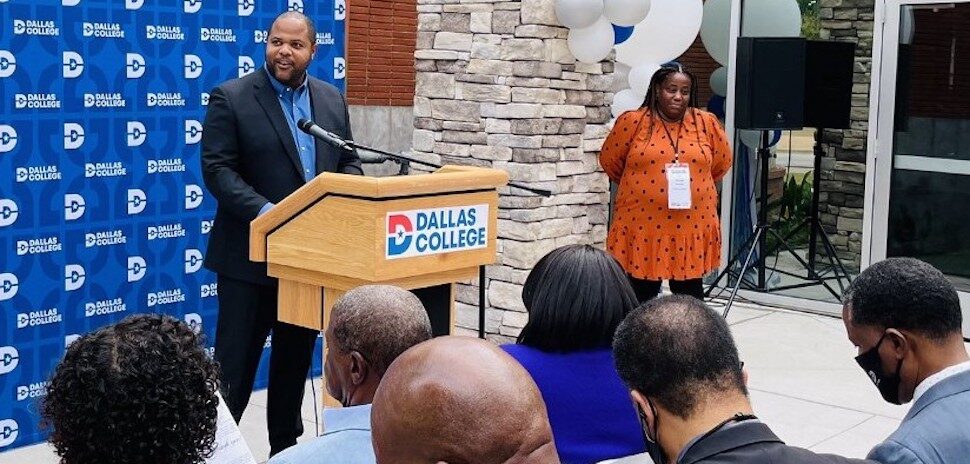Who do you trust with your personal information? In an increasingly complex digital world, that’s a big question for people who spend a lot of time on the internet such as players in massively multiplayer online games.
A new study by a professor at the University of Texas at Dallas shows that those MMOG players who are attracted to the social aspects of the online gaming show more trust in their fellow players, and are more willing to share personal information.
That’s particularly true when the players are members of a participant guild, said the pilot study by Rosanna Guadagno, associate professor of psychology and emerging media and communication at UT Dallas.
“Since the early days of the internet, people have used the technology to meet and befriend strangers.”
Rosanna Guadagno
“Since the early days of the internet, people have used the technology to meet and befriend strangers,” Guadagno said in a UTD release. “People have found spouses, long-lost relatives and have had many positive and negative experiences while disclosing personal information to the people we encounter online.”
MMOGs are video games that allow a large number of players to interact at once over an internet connection.
“MMOGs are one such unique online context in which people need the cooperation of others to achieve their game-related goals, regardless of whether they are achievement, social/relational or something else,” Guadagno. “Understanding the how and why people disclose personal feelings and experiences to other video game players is crucial to understanding the ways in which cooperation and trust form as players interact with each other and work toward both individual and group goals.”
The university said the Guadagno’s research expands on a larger body of work that examines trust in player psychology. Her research was presented at the 16th annual meeting of the Association of Internet Researchers in Phoenix.
She used player characterizations developed by Nick Yee, co-founder of the game analysts consulting practice Quantic Foundry to look at patterns in trust and self-disclosure among MMOG players.
“Social” players were characterized by Yee as motivated by relationships and teamwork,, while “achievement” players are seen as valuing progress, optimization and domination, and are considered the antithesis of social player.
‘SOCIAL’ PLAYERS ARE MORE APT TO TRUST OTHER PLAYERS
Guadagno found that “social” showed higher levels of self-disclosure, while “achievement” players were less likely to trust and cooperate with other players, the release said.
“Social” players also are more likely to trust other players who are part of their guild. Those are players who share a common chat channel, group identifier and play together on a regular basis that those who are not in a guild.
Guadagno’s study used a pool of 37 participants, the release said. First, participants were asked to complete the Online Gaming Motivations Scale that was developed by Yee and a researchers at the Palo Alto Research Center.
The scale determines the player’s motivation type.
The researchers then assessed participants on their willingness to share personal data, items and information with other players.
For a daily dose of what’s new and next in Dallas-Fort Worth innovation, subscribe to our Dallas Innovates e-newsletter.





























